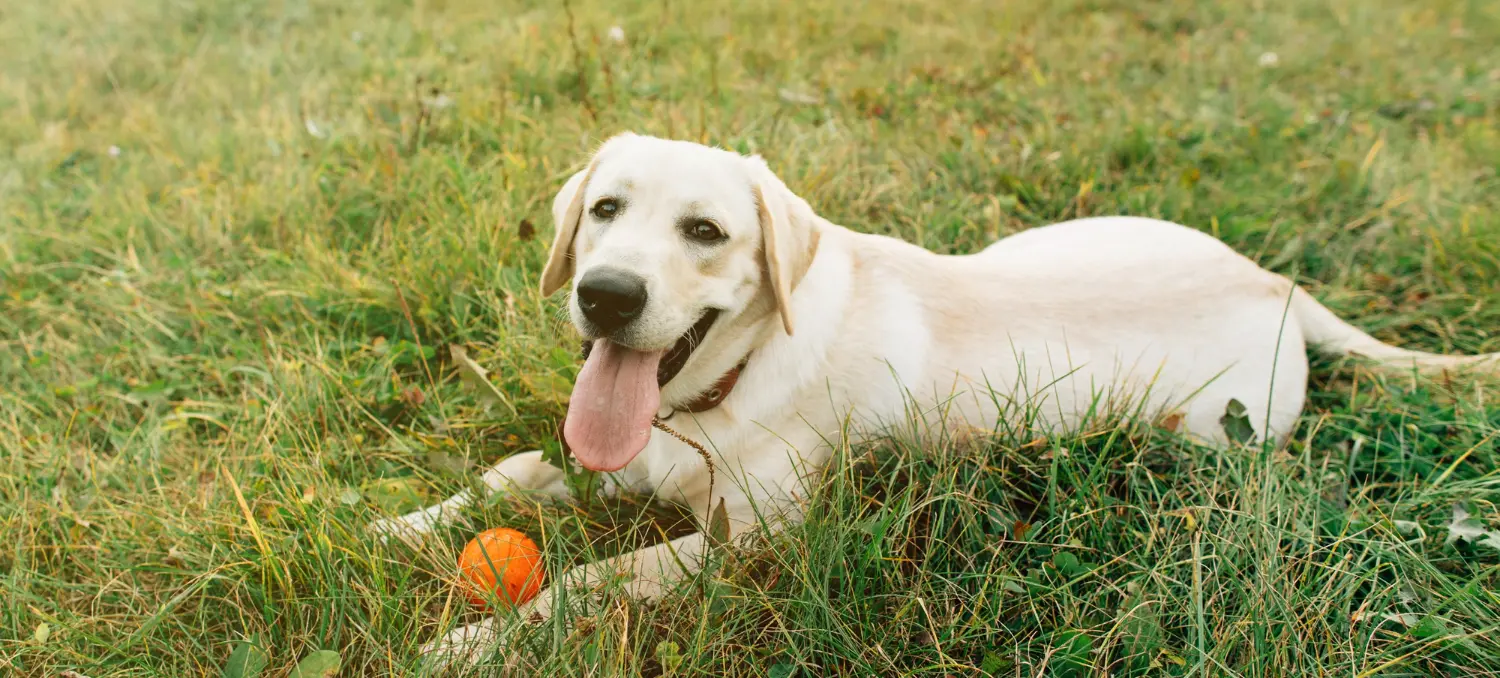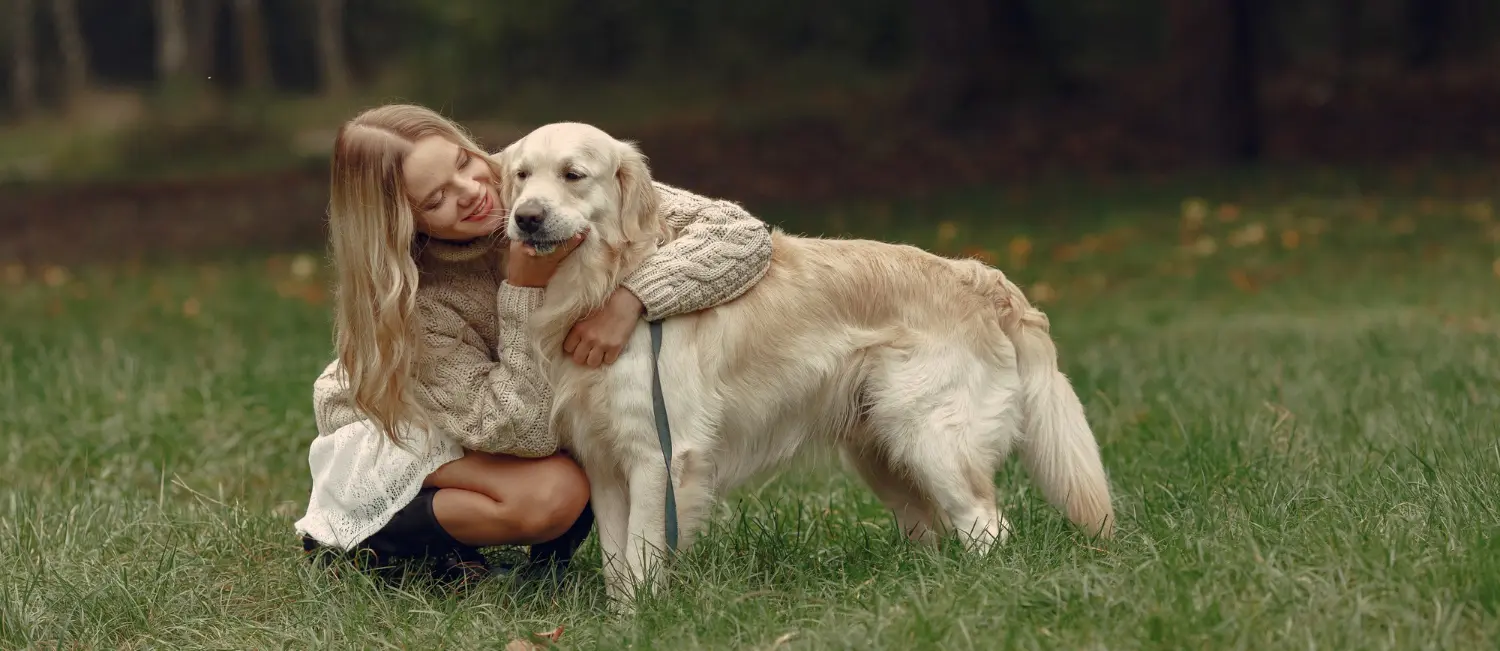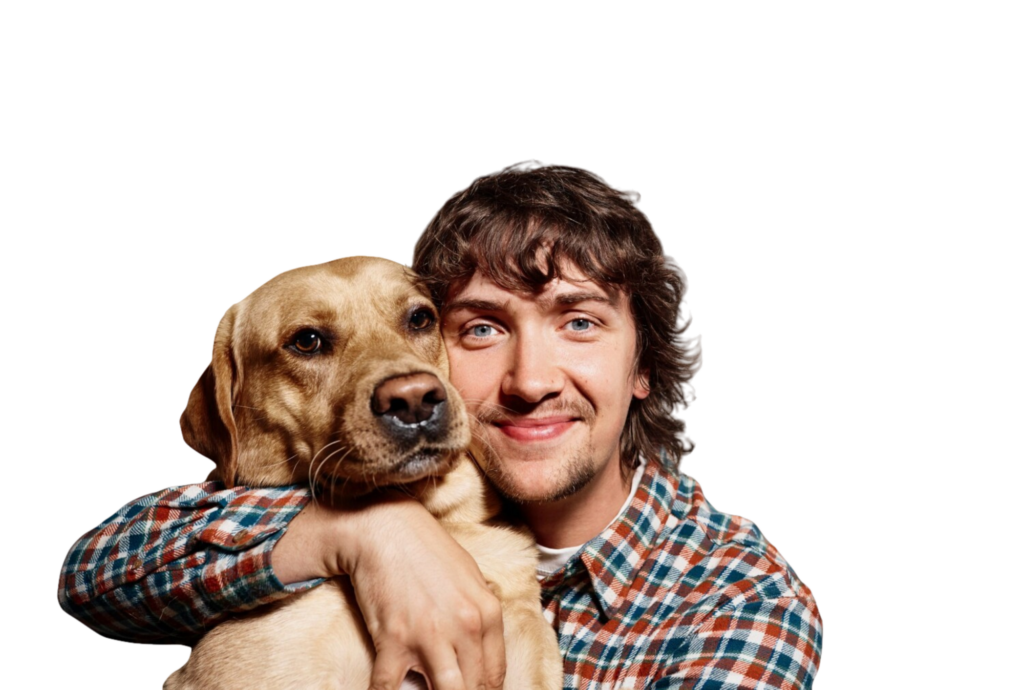Getting a large dog into your home is a massive choice, but it is accompanied by extreme happiness and companionship. Large dog breeds especially win our hearts with their goofy personalities, their protective nature, and so on. Nevertheless, it is important to find the right match that fits your lifestyle with such a variety of choices. Regular grooming is also an essential component of caring about these giant pups, and such services as mobile dog grooming allow you to make sure that your puffy baby looks and feels his/her best with the help of taking the services to your door.
This is the guide that is going to take you through all the things you should know when choosing the correct breed of large dog. We will discuss the various temperaments, exercise, and grooming requirements so that you can find an ideal companion that will fit perfectly in your home and family.
Learning About Large Dog Breeds
By large dog breeds, we are mainly referring to dogs that weigh more than 50 pounds and are more than 24 inches at the shoulder. The physical and temperamental characteristics of these dogs are often based on their original use, which was as working animals, herding dogs, guard dogs, or hunting dogs.
When choosing to adopt one of these breeds, one is ready to pay more than a large food bill. They require additional space, exercise, and, in many cases, more vigorous training and socializing. What must be taken into account is whether your housing setup, financial means, and everyday routine would suit a larger canine companion.
Best Large Dog Breeds for Different Lifestyles

Not every large dog is a similar one. Some are high-energy sportspeople, and those who are couch potatoes. There are numerous ways to find the most suitable large dog breeds for your lifestyle, which consist of aligning their needs with your needs.
For Active People and Families
An energetic large dog breed could be your ideal companion in case you enjoy spending your weekends or days hiking, running, or being outside. These are the dogs that love working out and being stimulated mentally.
- Labrador Retriever: Labs have always been one of the favorite breeds, and they are well-known to be friendly and outgoing. They are very energetic and smart, hence easy to train and good companions in any form of adventure. There is no other love like their love of swimming and fetching.
- German Shepherd: German Shepherds are intelligent, loyal, and brave; this has seen them perform well in many activities, both as family pets and as working dogs. They need regular training, and they need a lot of exercise to remain happy and well-behaved. They are good watchdogs since they have protective instincts.
- Siberian Husky: Huskies are well-known because of their impressive looks and inexhaustible activity, since they were designed to pull sleds even in distant areas. They require much vigorous activity and a well-fenced yard, as by this they are reputed to be escape artists.
For Families with Children

There are numerous large breeds of dogs, which are referred to as gentle giants, and hence excellent companions to children. They can become a valuable member of the family due to their patience and protective nature.
- Golden Retriever: Goldens are more famous because of their calm and patient character. They are extremely outgoing and establish a close relationship with children, and therefore, they are the best family pet. They are also quite easy to train since they are eager to please.
- Newfoundland: As the so-called Babysitter of Nature, Newfoundlands are kind-hearted, tolerant, and most gentle with children. They are docile and gentle in the house, in spite of their great size. Their coat is thick and needs to be groomed regularly so that it does not melt.
- Bernese Mountain Dog: Being well-natured and calm, Bernese Mountain Dogs are good family pets. They are obedient and loving, and they love being involved in family business. The lifespan of is shorter than that of other large dog breeds, which is also a significant factor.
For First-Time Owners
In case you are new to adopting a dog, there are large dog breeds that are easier to handle and more forgiving as compared to others. Find intelligent, driven-to-please, and steady-tempered breeds.
- Great Dane: Great Danes are the dominant giants, which are usually referred to as the gentle giants. They are surprisingly low-energy considering their size and can easily adjust to apartment living as long as they are taken on walks on a daily basis. They are very loving and sweet, making them a very good choice for new owners.
- Standard Poodle: Don’t be misled by their fancy haircut. Standard Poodles are very clever, sporty, and easy to train. They are also hypoallergenic dogs, and it is an added advantage to an allergic family. They are one of the friendliest breeds of large dogs; hence, they are suitable for beginners.
- Greyhound: Greyhounds are very fast and surprisingly peace-loving and docile when inside the house. They have been referred to as 45-mile-per-hour couch potatoes, as they like to sit around the house. Their short coat is easy to maintain, thus scoring well with first-time owners.
Key Factors to Consider Before Getting a Large Dog
Bringing a large dog into your life is a serious commitment. These are some of the most important aspects that you should consider before you arrive at a decision.
1. Exercise and Activity Level
The dogs require exercise, and the large dog breeds tend to require more. A German Shepherd dog may require a daily routine of vigorous work that may last a few hours, whereas a Great Dane may have a 30-minute walk. Be time-conscious with the time you are able to invest in exercise. A large inactive dog that is exercised less can be easily rendered destructive.
2. Space Requirements
Although there are large dogs that will be happy living in smaller houses, space is relevant. A large dog would require space to move freely and stretch its legs. Having a fenced yard will be a great advantage, as it will give them a secure area to play and release energy.
3. Grooming Needs
It is not only important that your dog is attractive, but it is also critical to keep your dog healthy by grooming. Long-coated dog breeds or double-coated dog breeds, such as Newfoundland or Siberian Husky, will need regular brushing to ensure they are not matted and to control shedding. Even short-coated dog breeds require regular grooming to maintain their skin and coat in good health. Frequent grooming also results in the advantage of examining lumps, ticks, or skin problems.
4. Training and Socialization
Large dog breeds cannot be compromised on training and socialization. A large dog that is well-trained is fun to be around, but an untrained one is a liability. Train the puppy to obey right at the beginning and expose them to many different people, places, and other pets. This assists them in becoming an adult who is self-reliant.
Keep Your Gentle Giant Healthy and Happy
The task of selecting one of the most desirable large dog breeds is only the start. It will be a long and happy life for your new companion when you give him proper care, training, and lots of love. On the one hand, the choice of food is indeed important, and on the other hand, regular mobile dog grooming is necessary, and every detail counts. Note that their stylish requirements are as significant as their physical activity.
Frequently Asked Questions
What is the calmest large dog breed?
Breeds like the Great Dane, Bernese Mountain Dog, and Greyhound are known for their calm and gentle temperaments, making them excellent companions for quieter households.
Which large dog breeds are easiest to train?
Intelligent and eager-to-please breeds like the Labrador Retriever, Golden Retriever, and Standard Poodle are generally considered easier to train, especially for first-time owners.
Are large dog breeds good for apartment living?
Some large dog breeds, such as the Great Dane and Greyhound, can adapt well to apartment living as long as their daily exercise needs are met. Their lower indoor energy levels make them surprisingly good apartment dogs.



